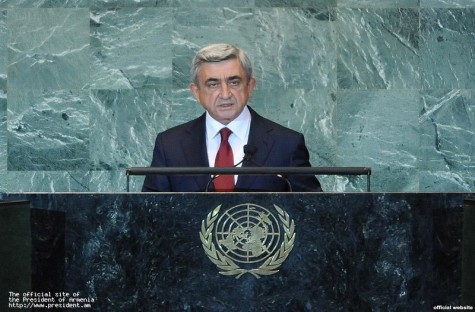
Hande APAKAN
Mehmet Oğuzhan TULUN
02.10.2014
In his address to the United Nations General Assembly,[i] President of Armenia Mr. Serzh Sargsyan has indicated that the Turkish-Armenian Protocols signed in 2009 might be recalled by the Armenian government.
In a similarly worded article[ii] published in International New York Times on the same day, Sargsyan stated that the protocols have been kept waiting for parliamentary approval for some years now, as the Turkish government has placed the return of Nagorno-Karabakh to Azerbaijan as a precondition for approval of the protocols. During his address to the General Assembly, Sargsyan relayed the Armenian people’s expression “To hell with your ratification” and expressed that the Armenian government is seriously considering recalling the protocols from the Armenian Parliament.
Following Sargsyan’s address to the General Assembly, during the press briefing for the Administrator of the United Nations Development Programme Helen Clark’s visit to Yerevan, the Minister of Foreign Affairs of Armenia Edward Nalbandian was asked when the Protocols would be recalled from the Armenian parliament. Mr. Nalbandian’s response was; “If there was such a decision, the President of the Republic would probably say about it. But the President said what he said, and as of now I have nothing to add.”[iii]
Sargsyan’s address to the General Assembly is significant for two reasons. Firstly, it is significant with regard to the expression “To hell with your ratification” that he relayed and implicitly approved. It is inappropriate for a statesman to make an address in the United Nations in such a language, since it is contrary to the spirit of diplomatic courtesy that is exhibited in the UN. In this way, Sargsyan has added a new example for the inappropriate remarks previously made by certain heads of states that have been castigated by civilized circles.
Secondly, the statements made by Sargsyan indicate that Armenia is stubbornly against any dialogue and that it is consciously obstructing the efforts for reconciliation. It appears that the aim of the statements is not to signal the recalling of the Protocols, but to send a signal to Armenia and the Armenian Diaspora to the effect that, until the end of 2015, the Armenians will concentrate all their resources and energy into carrying out propaganda against Turkey. This, in turn, means that the path of carrying out a dialogue with Turkey, in the near future, is being completely blocked off.
Therefore, unfortunately, this comes to mean that a new opportunity in the Turkish-Armenian reconciliation efforts has been lost and that an escalation of tension is being charted by Armenians. However, based on past experience, these kinds of initiatives are bound to remain as political statements without any effective validity. Armenia and the Armenian Diaspora will be frustrated as the bar is being set too high, which raises their irrational expectations. The first sign of this could well be the decision to be taken by the European Court of Human Rights Grand Chamber regarding the Perinçek v. Switzerland case.
© 2009-2025 Center for Eurasian Studies (AVİM) All Rights Reserved
No comments yet.
-
AVIM HELD A BRAIN-STORMING MEETING ON THE TOPIC “SOUTH EAST EUROPE, THE BALKANS, AND PROSPECTS FOR THE REGION”.
Hande Apakan 31.03.2014 -
CENTER FOR EURASIAN STUDIES (AVİM) HELD A BRAIN-STORMING MEETING ON THE TOPIC “ EURASIAN PERSPECTIVES- THE VIEWS FROM KAZAKHSTAN AND TURKEY”.
Hande Apakan 25.02.2014 -
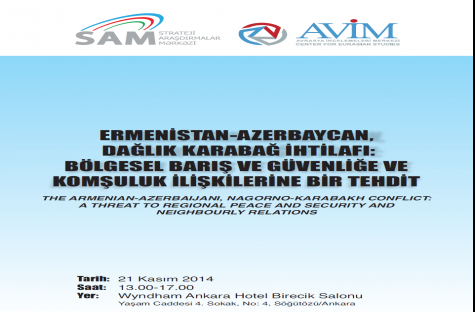 AVIM AND AZERBAIJAN SAM ARE CO-HOSTING A CONFERENCE ON THE NAGORNO-KARABAKH CONFLICT
AVIM AND AZERBAIJAN SAM ARE CO-HOSTING A CONFERENCE ON THE NAGORNO-KARABAKH CONFLICT
Hande Apakan 17.11.2014 -
 THAI COURT RULES PM MUST STEP DOWN, WITH NO END TO TURMOIL IN SIGHT
THAI COURT RULES PM MUST STEP DOWN, WITH NO END TO TURMOIL IN SIGHT
Hande Apakan 06.05.2014 -
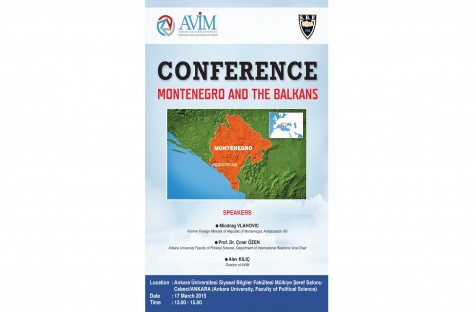 AVIM AND ANKARA UNI. CENTER OF INTERNATIONAL ECONOMIC AND POLITICAL RESEARCH ARE JOINTLY ORGANIZING A CONFERENCE TITLED “MONTENEGRO AND THE BALKANS” ON TUESDAY, 17 MARCH 2015.
AVIM AND ANKARA UNI. CENTER OF INTERNATIONAL ECONOMIC AND POLITICAL RESEARCH ARE JOINTLY ORGANIZING A CONFERENCE TITLED “MONTENEGRO AND THE BALKANS” ON TUESDAY, 17 MARCH 2015.
Hande Apakan 10.03.2015
-
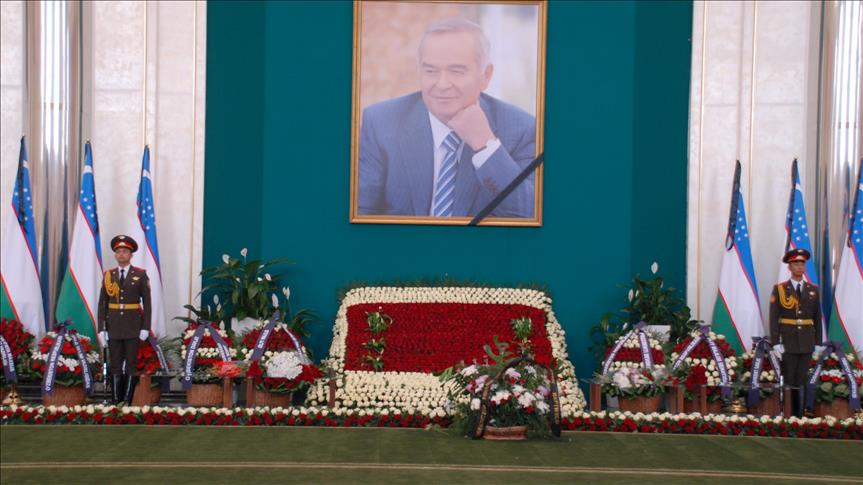 UZBEKISTAN SHOWS ITS MATURITY
UZBEKISTAN SHOWS ITS MATURITY
Ali Murat TAŞKENT 29.09.2016 -
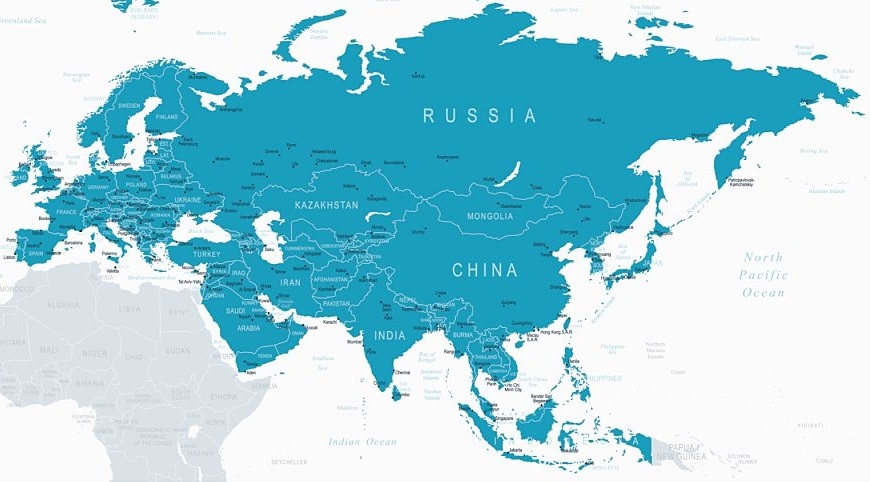 TURKEY’S INTERESTS AND CONSTRUCTIVE EURASIANISM
TURKEY’S INTERESTS AND CONSTRUCTIVE EURASIANISM
Mehmet Oğuzhan TULUN-Teoman Ertuğrul TULUN 05.05.2022 -
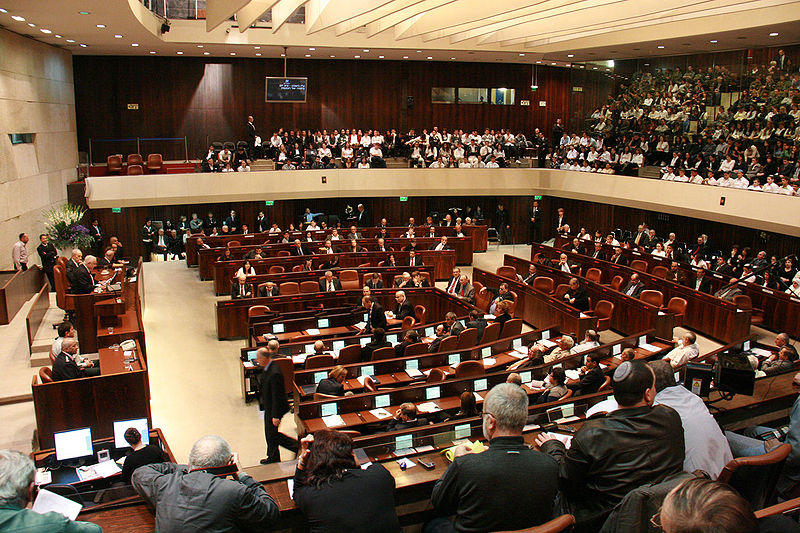 POLITICAL OPPORTUNISM AND REVANCHISM AT PLAY AT THE ISREALI PARLIAMENT
POLITICAL OPPORTUNISM AND REVANCHISM AT PLAY AT THE ISREALI PARLIAMENT
AVİM 25.05.2018 -
 SASSOUNIAN’S OBSCURE RATIONALIZATION OF HATRED AND VIOLENCE
SASSOUNIAN’S OBSCURE RATIONALIZATION OF HATRED AND VIOLENCE
Aslan Yavuz ŞİR 12.11.2015 -
 THE EUROPEAN PARLIAMENT RESOLUTION AND THE TERRORIST ATTACK AT CHRISTCHURCH
THE EUROPEAN PARLIAMENT RESOLUTION AND THE TERRORIST ATTACK AT CHRISTCHURCH
Teoman Ertuğrul TULUN 15.03.2019
-
25.01.2016
THE ARMENIAN QUESTION - BASIC KNOWLEDGE AND DOCUMENTATION -
12.06.2024
THE TRUTH WILL OUT -
27.03.2023
RADİKAL ERMENİ UNSURLARCA GERÇEKLEŞTİRİLEN MEZALİMLER VE VANDALİZM -
17.03.2023
PATRIOTISM PERVERTED -
23.02.2023
MEN ARE LIKE THAT -
03.02.2023
BAKÜ-TİFLİS-CEYHAN BORU HATTININ YAŞANAN TARİHİ -
16.12.2022
INTERNATIONAL SCHOLARS ON THE EVENTS OF 1915 -
07.12.2022
FAKE PHOTOS AND THE ARMENIAN PROPAGANDA -
07.12.2022
ERMENİ PROPAGANDASI VE SAHTE RESİMLER -
01.01.2022
A Letter From Japan - Strategically Mum: The Silence of the Armenians -
01.01.2022
Japonya'dan Bir Mektup - Stratejik Suskunluk: Ermenilerin Sessizliği -
03.06.2020
Anastas Mikoyan: Confessions of an Armenian Bolshevik -
08.04.2020
Sovyet Sonrası Ukrayna’da Devlet, Toplum ve Siyaset - Değişen Dinamikler, Dönüşen Kimlikler -
12.06.2018
Ermeni Sorunuyla İlgili İngiliz Belgeleri (1912-1923) - British Documents on Armenian Question (1912-1923) -
02.12.2016
Turkish-Russian Academics: A Historical Study on the Caucasus -
01.07.2016
Gürcistan'daki Müslüman Topluluklar: Azınlık Hakları, Kimlik, Siyaset -
10.03.2016
Armenian Diaspora: Diaspora, State and the Imagination of the Republic of Armenia -
24.01.2016
ERMENİ SORUNU - TEMEL BİLGİ VE BELGELER (2. BASKI)
-
AVİM Conference Hall 24.01.2023
CONFERENCE TITLED “HUNGARY’S PERSPECTIVES ON THE TURKIC WORLD"









